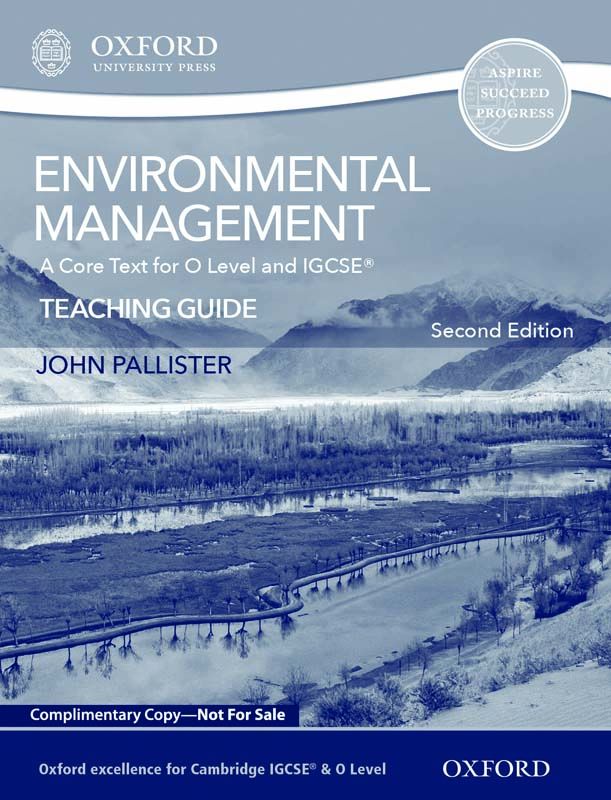

Most ebook files are in PDF format, so you can easily read them using various software such as Foxit Reader or directly on the Google Chrome browser.
Some ebook files are released by publishers in other formats such as .awz, .mobi, .epub, .fb2, etc. You may need to install specific software to read these formats on mobile/PC, such as Calibre.
Please read the tutorial at this link: https://ebookbell.com/faq
We offer FREE conversion to the popular formats you request; however, this may take some time. Therefore, right after payment, please email us, and we will try to provide the service as quickly as possible.
For some exceptional file formats or broken links (if any), please refrain from opening any disputes. Instead, email us first, and we will try to assist within a maximum of 6 hours.
EbookBell Team

5.0
48 reviewsThe scope of this book is international in its approach, and the aim is to enable students to understand and appreciate the interdependence of the Earth’s natural systems and its resources, and to learn how to best manage them for the future.
The book, following the sequence of the syllabi, has nine chapters that cover the topics listed below. These topics cover all aspects of the Earth’s four spheres i.e. Lithosphere, Hydrosphere, Atmosphere, and Biosphere.
1.Rocks and minerals and their exploitation
2.Energy and the environment
3.Agriculture and the environment
4.Water and its management
5.Oceans and fisheries
6.Managing natural hazards
7.The atmosphere and human activities
8.Human population
9.Natural ecosystems and human activities
In addition to these, Chapter 10, Techniques for investigation and examination, has been added especially to guide students through the study of the revised text, the tasks involved including case studies, understanding and presentation of data in various forms, and through hands-on activities. This will also help students in their preparation for examinations.
The text is supported by maps, tables, graphs, and diagrams, and complemented by appropriately selected illustrations. Case studies give students a local, as well as global, perspective on ecological problems and their possible solutions.
The Revision Guide matches the new syllabus and helps students’ learning with its skills-based approach.